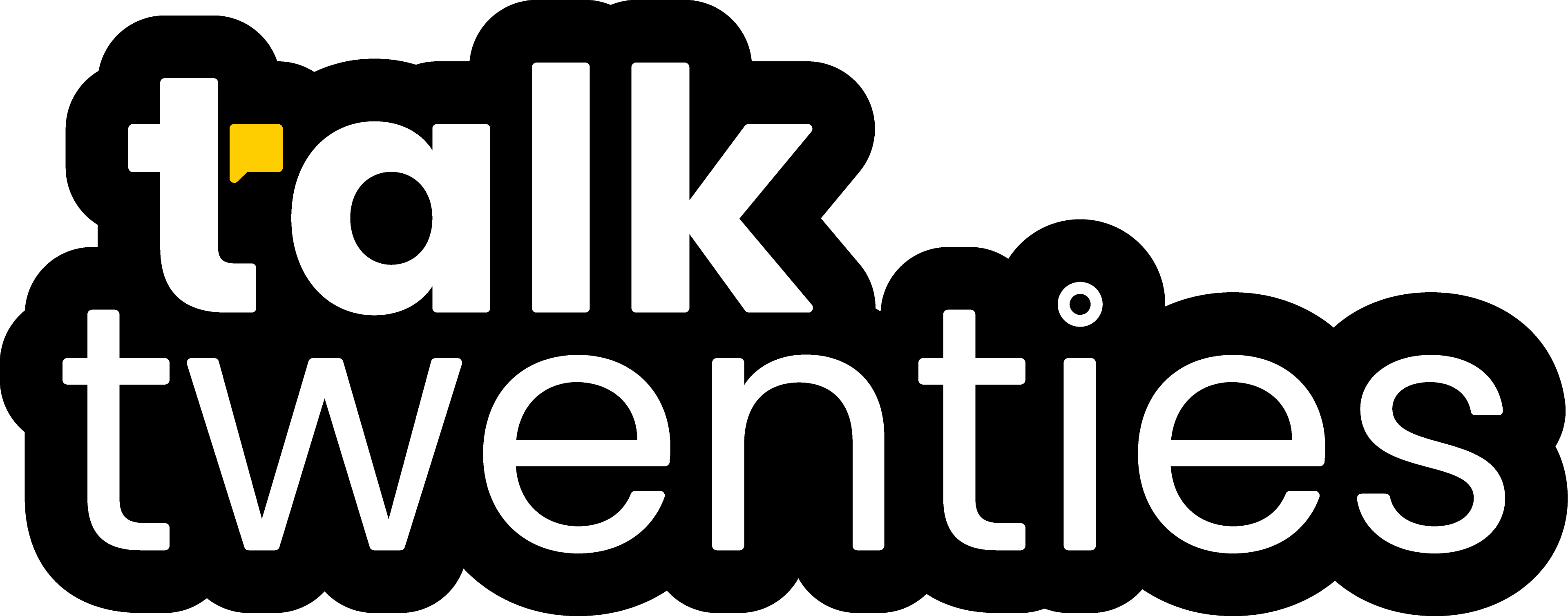
Breaking down the jargon on investing – top 8 words to know
Investing can feel scary and overwhelming, especially when the language is confusing. In this blog, we are going to break down the top 8 words to know when it comes to investing to help you start to understand the lingo!
Asset
An asset is anything with an economic or monetary value. For example, cash is an asset. Stocks, bonds, funds and property are also assets. Your asset allocation is the breakdown of the assets you own (i.e. you have 10% of your investments in stocks, 50% in funds, and 40% in cash).
Compound interest
This is known as the eighth wonder of the world and it truly is a magical thing. Interest is money earned on both your original amount of money (the principle) and the interest amounts. Basically, your interest makes interest and this is where your money really grows!
Let’s use a simple example to highlight the power of compound interest
If you invested £1,000 and made a 10% return in year 1 you would have £1,100 (a total of £100 earnt in interest).
In Year 2, you make a 10% return on the total amount of £1,100, you would have a total of £1,210. (a total of £110 earnt interest).
Let’s say you invest £1,000 (your principle) and it earns a 10% return every year.
- After year one, you would have £1,100 (10% of £1,000 = £100 interest earnt).
- After year two, you would have £1,210 (10% of £1,100 = £110 interest earnt)
- After year three, you would have £1,331 (10% of £1,210 = £121 interest earnt)
You can see in this example that when you earn interest, you make a return on both the original principle as well as the interest you have earned from the year before.
Interest
This refers to either the fee you pay when you borrow money (e.g. the interest rate on your credit card is how much you will get charged to borrow money from the lender) or the fee you receive when you have money in an account where you earn interest (i.e. a savings account with an interest rate, where you earn money for keeping your money saved in that account).
Inflation
The rate at which the cost of products and services changes over time. For example, back in 2000 the price of a Freddos used to be 10p but now in 2023, the cost for a Freddo is about 30p (but for the same item). The inflation rate on this product is over 200%.
Diversification
You might hear this word when it comes to your portfolio of investments. To diversify your investments means to spread out your money among different asset classes and assets and it helps to reduce your investment risk. It is basically the same as ‘not putting all your eggs in one basket’.
Portfolio
Your investments across cash, stocks, bonds, funds, property and other assets are known as a portfolio.
Return
Your return on your investments is either the profit you make or the loss you make, over a period of time. Looking into the returns for specific funds or stocks can help you to determine if an investment is a safe investment to make (but this should not be the only factor you take into consideration when deciding what investment to make)
Stock
Stocks are one of the major classes of assets (can also be referred to as shares). A stock is a type of security that gives stockholders a share of ownership in a company. So basically if you buy shares in a company, you own a very small piece of that company.



